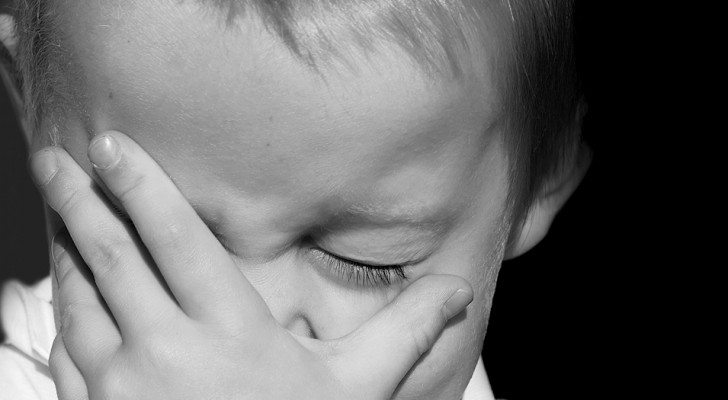According to many psychologists, parents who raise good children tend to do these five things

Advertisement
One of the effects of the profound technological changes of our time lies in the fact that today's children grow up accompanied by a multitude of different instruments and games, able to keep them entertained for hours, without making the constant involvement of parents necessary.
This has inevitably led to a change in education and in the relationship between parents and children, which has given rise to a thousand doubts about the effectiveness of today's educational models.
Psychologists at Harvard University have tried to give answers to these questions and they have discovered that there are five elements that form the basis for the healthy and positive raising of children.

- 1. SPENDING QUALITY TIME WITH YOUR CHILDREN. Children need to communicate openly with their parents, to be heard and to do the things they love with them; in a word, to share experiences and ideas with them - something that no Xbox could ever do. In this way, they will remember their childhood as a positive and beautiful phase, and they will become kind and thoughtful people. You do not need much: just read a story to your children before going to bed, play their favorite games, ask them questions about their day - what was the best and worst part, what they learned, etc.
- 2. BEING A MORAL EXAMPLE AND A MENTOR FOR YOUR CHILDREN. Children tend to replicate the behaviors they see around them, especially those of their parents. Therefore, it is important to be fair, rational and honest about yourself in front of your child: the goal is to teach him or her not only good manners, humility, and honesty, but also to take care of themselves. In this way, you will also gain their trust and respect. It is, therefore, necessary to admit one's mistakes, and to speak openly with your child; apologize and demonstrate how you want to make amends and prevent repeating the same mistake, explaining to your child what you have learned.
Advertisement

- 3. ENCOURAGE YOUR CHILDREN TO HAVE HIGH ETHICAL EXPECTATIONS, BY TAKING CARE OF OTHERS. Human beings need to socialize, and they must learn to do this as a child, by taking care of the people around them and avoiding selfish behavior. This is shown to be a priority when children are taught and encouraged to have high ethical expectations. In fact, children must be taught to do the right thing even when it is difficult, and to respect responsibilities and obligations. Change the message you send to your child every day into "The most important thing is that you are kind to others and happy." Invite him or her to consider the consequences of their actions toward others and to always try to find a positive solution for everyone.
- 4. TEACHING YOUR CHILDREN TO BE GRATEFUL. Gratitude has a double beneficial effect on those who practice it: not only are these people helpful, generous, compassionate, and charitable - that is to say, better human beings - but they tend to be happier and healthier. However, it is also necessary for children to distinguish between duties and being courteous. As Harvard psychologists claim, "Expect children to regularly help with household chores and only praise rare acts of courtesy. When these types of routine actions are simply expected and not rewarded, they are more likely to become rooted in their everyday activity." Therefore, it is good to encourage your children to be grateful and to receive gratitude for their kindness, by first being a good example yourself.
- 5. EXPAND THE HORIZONS OF YOUR CHILDREN. Usually, children worry about a small circle of people - their family and close friends - but it is crucial that over time the number of people who deserve their attention be expanded so that they can learn the concept of community and the common good. Therefore, you can encourage your child to consider the perspectives and feelings of others, by discussing the problems that affect other groups of people.
Advertisement





